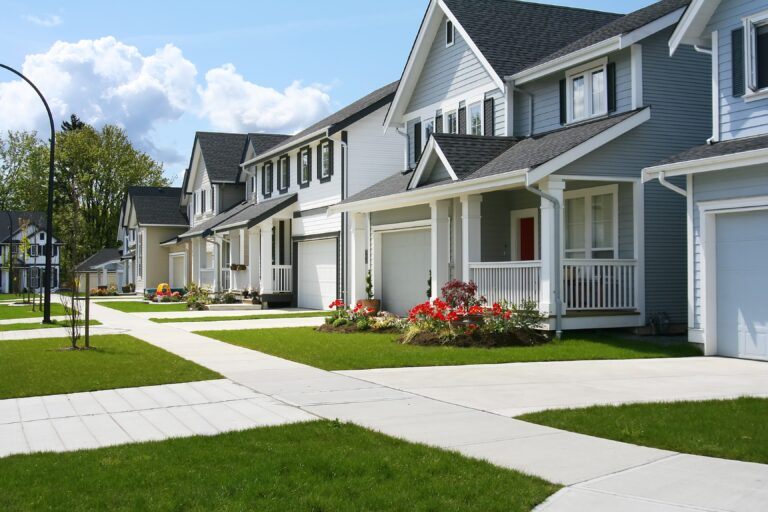
When on the hunt for your dream home, you can learn a lot about a home’s neighborhood but not necessarily much about the people you will be living around. Sometimes you end up in the perfect home only to find out your neighbors are not so perfect—or are even downright troublesome. What do you do when you have issues with your neighbors?
Make Sure You Are Not the One in the Wrong
It is time to set aside your ego and look at the situation objectively: is it possible you are the one in the wrong in this scenario? Maybe your neighbor filed a complaint about you; is it possible maybe your music really was too loud? Was your yard unkempt with too many weeds? Perhaps you really have exceeded the limits of your property and crossed over into theirs. While it might feel like your neighbor is out to get you, it is possible they are just trying to protect their own best interests and those of your other neighbors. If it turns out you are in the wrong, do what you can to sincerely apologize and show that you are taking strides to improve your behavior moving forward.
Always Put Your Best Foot Forward
You should always strive to be friendly—or at the very least polite—to all of your neighbors. The better you know your neighbors and the better your relationship with them is, the more likely you are to settle any conflicts that may arise cordially and peacefully. Try keeping the lines of communication open; let your neighbors know when you are going to have renovations done, throw a party, or do anything else that may be out of the ordinary, especially if it disrupts their routine or creates extra noise. Remember the golden rule: treat others as you would like to be treated.
Talk to Your Neighbor About the Issue
Before you escalate and bring in a third party or formally file a complaint, try talking to your neighbor one on one first. Give them the benefit of the doubt; they may be unaware their behavior is disruptive or rude. Do your best not to be accusatory or heated. Maybe the situation can be chalked up to a simple misunderstanding. In many cases, you can resolve the problem after discussing it with your neighbor. Should they become defensive or angry, keep a level head and avoid fighting fire with fire. If they resort to insults or you feel threatened or unsafe, remove yourself from the situation.
Document the Problem
Be sure to document everything just in case you have to involve an outside party. Keep a record of all relevant times, dates, photos, and communications so you have proof should you need to escalate the issue. Conflict between neighbors can quickly turn into a battle of he-said-she-said and hearsay, so having concrete evidence can help you defend yourself and back up your claims.
Consult a Third Party When Necessary
In an ideal world, all neighborhood conflicts could be solved peacefully between neighbors, but unfortunately, this is not always the case. Sometimes you need to bring in a third party to assist. Depending on the nature of the issue, this could be a homeowner association (HOA), a neighborhood organization, a municipal board, an outside mediator, or even local authorities. You may want to consult an attorney if you believe it is a legal issue.
Are you considering buying a new home? Contact one of our knowledgeable Loan Officers today to learn about your financing options!


